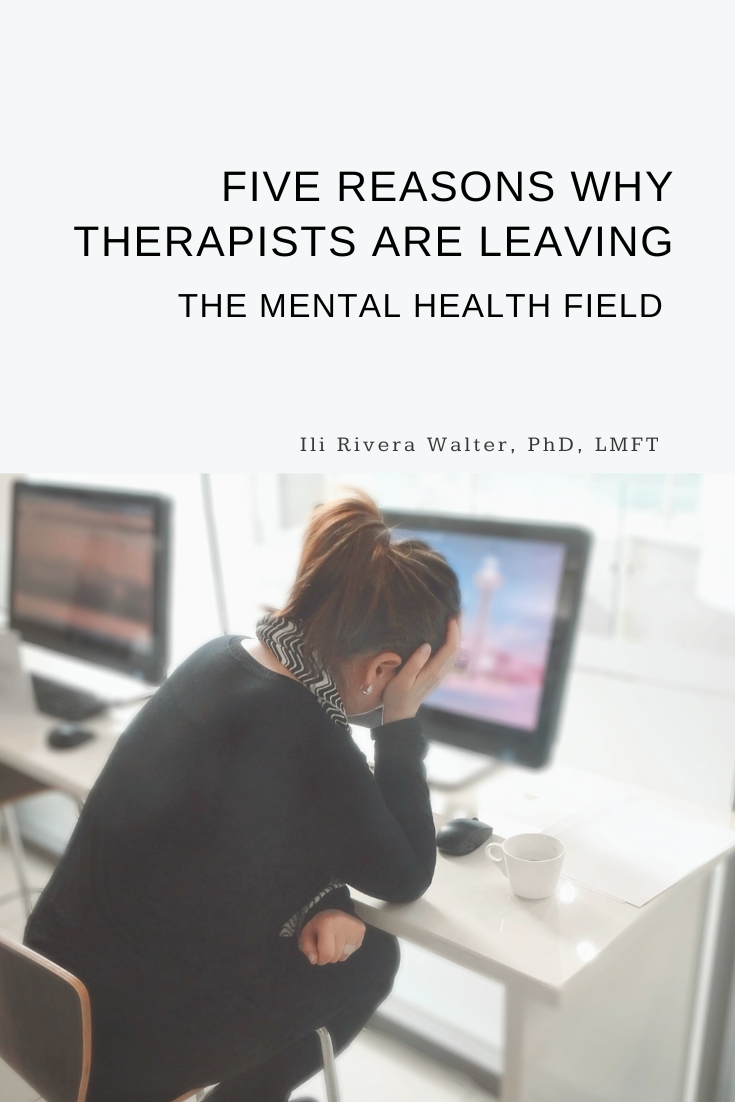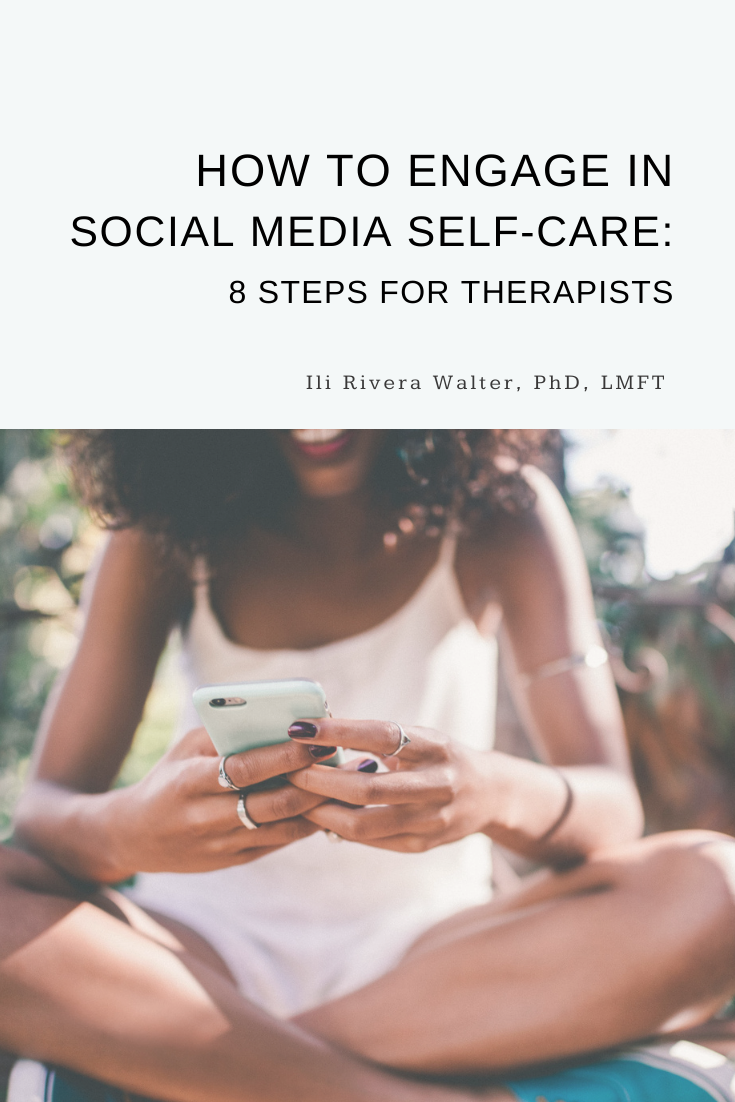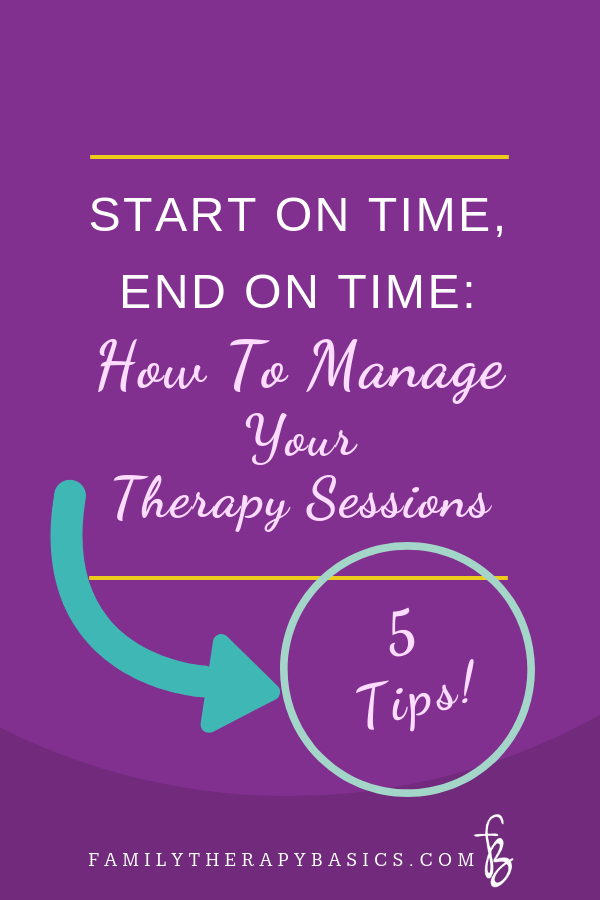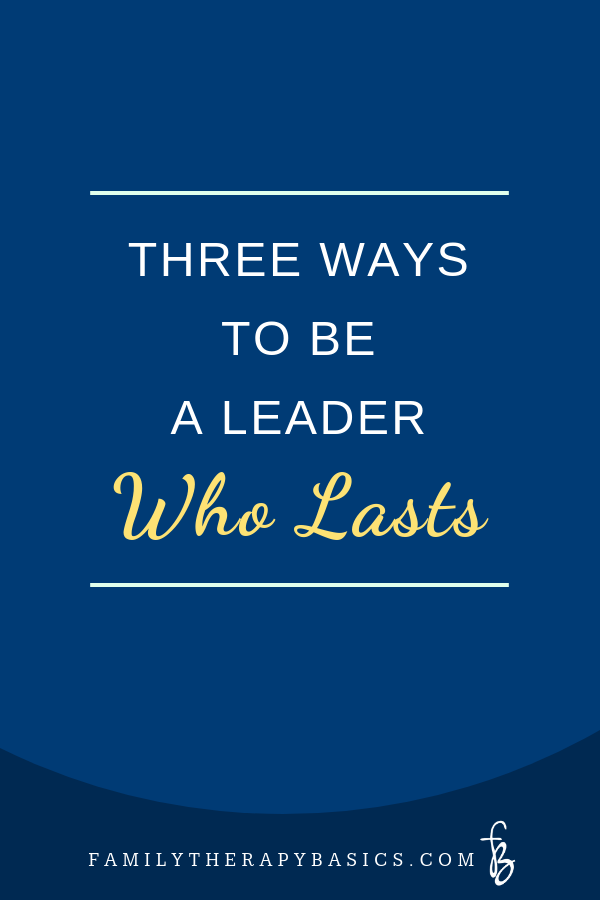I'd like to begin this post with a disclaimer: Yes, the topic of this article is signs that you need self-care; however, I am not promoting (in this post, or anywhere) a view of self care that is based in strategies and tasks. I caution you to notice if you feel guilty, burdened, or deficient in any way when considering the need for self care. If this is the case, then I encourage you to stay away from "doing" more. I also believe that the signs and ideas presented here can help you welcome yourself into your life in a new way, step by step, so that self-care is an awakening rather than a life-overhauling project.
Make sense? Great!
Well, in this chat with psychotherapist and writer, Alison Crosthwait, she and I discuss signs that you may be neglecting your own care, as well as ways of viewing self-care as a way of life. Alison reminds us that self-care is THE most important topic for us as therapists.
Alison is this month's guest expert in The Refreshed Therapist Network (RTN). During her masterclass, we further explore how listening and acknowledging ourselves is and promotes self care. Learn more about RTN here.
Here's a text summary of our conversation:
Let's dive in to what you think is most important that therapists know about self care:
Alison:
My opinion is that this is the most important topic of ALL the topics. It's not a side topic or a "nice to have." The way that we take care of ourselves is the way that we are with our clients and the way that we our with our families. This topic is so crucial!
Ili:
Self care as soul care emphasizes a lifestyle of taking care of oneself and having practices that become engrained. Not just habits--habits I think, sometimes, we still have to think about and check-off--but, a way that we acknowledge ourselves in our daily lives.
What are signs that therapists need to take a look at self care in their lives?
Alison:
Sometimes, we just know. We know we're stressed; we know we're tired. But sometimes it sneaks up on us.
These are some of the things that I've come to understand about self care. If, for example, we are consistently:
- Tired
- Bored: When we’re bored, it’s like we’re blown-out. Bored is a clear sign that there's something wrong. What we hear in the clinical room is never boring.
- Irritated: I’m irritated because more is being asked of me than I can give.
- Overwhelmed
The implication is that I believe the work can be very enjoyable 90% of the time, even though we’re dealing with alot of suffering, if we have what we need.
Ili:
I live my life that way as a therapist, and I always thought of it (because I was trained in Bowen Systems Theory) as something that flowed from the process of differentiation that I went through, so that I don't carry things in a way that burden me. But, who knows?
Going back to bored--It's almost as if when we’re bored, we can’t let more information in.
Alison:
Sometimes we are bored, because there’s something going on between us and the client, and that's one thing that's clinical that's information. But if in general we're bored, it's like the the only way I can respond to the stimulation that is coming at me, is to just shut off. That's the way that I experience it and see it in my colleagues as well. It's just a way of protecting ourselves when we don't have enough resource.
Summary
Consistently feeling tired, bored, irritated, or overwhelmed are four signs that we need to tune in to ourselves. This is a reminder that our emotions are information!
More about Alison Crosthwait
Alison is a psychotherapist based in Toronto, ON. She writes about therapy and life on The Good Therapists.
Alison voices the struggles of being human as well as the complexities of being a therapist, through her writing. I invite you to take a look at her work.
Let's Chat
Let me know in the comments below:
- What is one thing you are taking away from this discussion?













